|
The world of preschool and childhood education is evolving and for preschool teachers, it is about following the new trends and staying up to date. This training intended for preschool teachers will analyze the main principles, characteristics and advantages of preschool methods. The new edition of the course “The best for preschool teachers” took place in Palermo from 03/03/2024 to 09/03/2024. The participants came from all across Europe, with Mari, Diana and Laura from Ülenurme Nurmepesa lasteaed in Estonia, Mónika, Éva and Gabriella from Lilla Téri Általános Iskola in Hungary, Ute, Yvonne, Anja, Aleli and Lara from Diakonie Michaelshoven Kindertagesstätten gGmbH in Germany, Lucie, Mélody, Marine and Nolwenn from Ecole Maternelle la Contrie in France. The class started with some practical icebreaker activities, expectations and contributions and discussing the best ones related to preschool education. Teachers also had the opportunity to show their schools to others: this was an excellent way to achieve a broader understanding of preschool education in Europe. Of course, we also presented the Italian preschool model through various approaches. One of the most famous Italian preschool approaches is the Montessori one: participants analysed the main characteristics of this method in class, but they also had the chance to better examine it by visiting a local kindergarten based on this approach, which is indeed Istituto Internazionale M. Montessori. During the week the participants visited another local outdoor kindergarten, the Istituto Minutoli, where they could see well-planned examples of outdoor education in particular by seeing children interacting with nature to develop their five senses through different and interesting activities, including music and dance. Thanks to the passionate teachers who attended us, this experience was an eye-opener on the deep need of current society to bring our kids back to a more authentic world, and the benefits this might entail for learning to respect the environment. Among the different Italian preschool approaches, the participants analyzed Non-formal education and, to better understand the method, we set some activities and games: we explored the different phases of structuring formal education and we practiced the management of debriefing through questions aimed at encouraging student reflection. Finally, we discovered the principles and theories the educational method of Reggio Emilia: they have the opportunity to learn more about the history, materials, and experiences that bring the Reggio Emilia approach to the world. Indeed, the ReggioEmilia method is very appreciated for its child-centered learning strategy , based on cooperative investigation. At the end of the week, teachers go home with a baggage full of beautiful memories of experiences that improved their teaching approaches. Discover more about this course here.
The profound impact of walking on human development is a subject of exploration, both historically and in contemporary times. This encompasses the cognitive, behavioral, and emotional benefits observed in both natural and urban environments. In a recent course on outdoor learning and adventure education, held in Tenerife, participants from various European countries convened. This new edition of the course “Outdoor learning and adventure education” took place in Tenerife from 3/03/2023 to 9/03/2023. The participants came from all across Europe, with Marta and Marzena from ZZIPO w Radomiu, Heidi and Annelies from Buso Ten Dries, Franziska from Staatliche Fachobershule, Franziska Höfter from Staatliche Fachoberschule Haar. The course commenced with discussions on the concepts of walking education and outdoor learning, exploring diverse strategies to encourage students to engage in walking adventures. This included integrating subjects such as science, mathematics, music, art, and language into urban walking activities. During the course, participants also had the opportunity to explore Puerto de La Cruz, a charming coastal town known for its vibrant atmosphere and picturesque landscapes. In Anaga, Tenerife, they ventured into the lush greenery of the Anaga Rural Park, marveling at its rugged mountains and ancient laurel forests. Additionally, they visited Playa del Bolullo, a stunning black-sand beach nestled amidst volcanic cliffs, offering a serene retreat and breathtaking ocean views. Participants also had the opportunity to practice various tools in natural settings such as local parks, inspiring them to create their own outdoor activities, emphasizing non-formal education (NFE) approaches, focusing on concrete experiences and reflective questioning to enhance learning, discussions on teamwork and motivation, integrated into these noteworthy trekking experiences. A particular highlight was the crafting of lesson plans incorporating trekking into different subjects. This involved tailoring experiences to specific age groups and educational topics, ensuring relevance and engagement.
The effectiveness of experiential learning through walking was underscored throughout the course. Participants gained insights into designing activities that extend beyond traditional classroom settings, enhancing the learning experience for their students. Critical thinking, independence, entrepreneurship and a leadership mindset are important skills that students should develop more in their learning process. Also creativity is a big key for this and it is something that we all in some way have in ourselves, but if we never practise these factors with ourselves, it will be more challenging to create and find successful leaders and entrepreneurs. With this course we tried to give our participants some tips and advices on how to improve motivation in students, how to teach them to face failure and be creative and determined. The course “Teaching Entrepreneurship and Leadership” took place in Palermo from 25/02/2024 to 2/03/2024, with participants from various countries in Europe: Anna, Hjalti and Bryndís from Directorate of Equality in Iceland, Martin from SPS, OA a JS Frydek-Mistek in Czech Republic and Maria from Colegio Diocesano Santo Domingo in Spain. Entrepreneurship can be analysed and defined from different perspectives. Said that we started to know each participant's background, listening to what they think entrepreneurship is. Keeping this in mind, we started analysing different types and characteristics that make a perfect and not-so-perfect entrepreneur through the various methods and mindsets they use to lead a team or to realize their goals. An important point in entrepreneurship is revealing that failure is something totally natural, indeed everyone fails and people learn from mistakes. If we normalize the importance of failure during the learning process, students will have more confidence in sharing their opinions. After presenting themselves as entrepreneurs and persuading potential students to apply to their schools, the participants had the opportunity to assess their entrepreneurial potential via an online questionnaire at the end of the first day. We can claim that every one of them makes compelling arguments! On the second day, we introduced the SMART model, which attempts to fully understand whether the aim is feasible, and to better understand each entrepreneur's ideas as prerequisites for moving forward. The CANVA model was also launched; it focuses more on structuring strategies for the development of this process. Every course we teach uses an interactive approach that allows each student to share their knowledge through a variety of activities. The most appealing exercise was the one using the CANVA model, where participants had to use this model to depict the business process while selecting between two different organisations. We discuss assertiveness throughout the course as a critical attribute for an entrepreneur. We intended to show that, in contrast to someone who is merely passive, passive-aggressive, or aggressive—especially from the last one, which is quite distinct and shouldn't be confused—someone with this ability is more balanced. Bosses are everywhere in the world, yet not all bosses are leaders. By stating this, we examined what makes them unique as well as what makes a good one and the advantages that a team might receive. A leader is someone who does more than just issue orders; they are someone who motivates, instructs, guides and assists in determining the path to the group's success. The participants gave presentations about notable leaders they admire, along with an explanation of their selections. On the final day, we discussed creativity—a factor that an entrepreneur should never undervalue. When someone is forced to use this feature, it becomes richer; therefore, we conducted several exercises with each participant to put this idea into practice. Without a sure, every participant completed this work to the highest standard! The participants' sharing of their different ideas and perspectives enriched the course, creating a beautiful experience filled with fun, empathy and creativity. We are sure that all this knowledge will be very well implemented in their countries! Discover more about this course here.
These days, academic programs welcome a wide range of people from various sociocultural backgrounds. Helping pupils adjust to a new cultural background and developing critical, open minds that embrace and celebrate variety rather than reject it are crucial issues for educators to address.The new edition of the course “Intercultural learning and cultural diversity in the classroom” took place in Palermo from 25/02/2024 to 2/03/2024. The participants came from all across Europe, with Maria, Astrid and Fritz from Teknikum in Sweden, Elske from GRETB (FET Centre, Galway city) in Ireland, Cecilia and Sladana from Eduard Breuninger Schule Backnang in Germany and Măriuța and Rodica from Școala Gimnazială Samson Bodnărescu in Romania. The importance of considering word meanings was acknowledged by the participants at the start of the training. Together, they attempted to define what "intercultural learning" meant to each of them and, from that, we looked at the relationship between culture and education throughout the week. The participants engaged in a variety of hands-on activities aimed at raising awareness of how cultures impact education and learning preferences. The exercise was designed to get participants to consider the awareness and sensitivity that educators require when particular cultural patterns appear in the classroom. |
Welcome to the ELA Blog. Here you will find articles and photos of our courses and have a look at the topics addressed during the week in Bologna, Palermo and Tenerife. You will also have the chance to take a peek at our projects and check out what we have been up to.
Archives
May 2024
Categories |
-
Course catalogue
- 2023-2024 course catalogue
- Soft Skills >
- ICT and New Technologies >
- Inclusion and Diversity >
-
Innovative Teaching Methods
>
- Innovative teaching methods discovery
- Non-formal education teaching methods
- Dual education and work-based learning
- Teaching leadership and entrepreneurship
- Project based learning
- Game based learning and gamification
- Green skills
- Outdoor education
- Outdoor education trekking edition
- Promoting creativity and critical thinking
- Languages and EU projects >
- Preschool >
- Erasmus Plus KA1
- What we do
- About us
- Locations
- Blog
- Contact us
 English
English български
български Čeština
Čeština Español
Español Français
Français ελληνικά
ελληνικά Italiano
Italiano Polski
Polski Português
Português Română
Română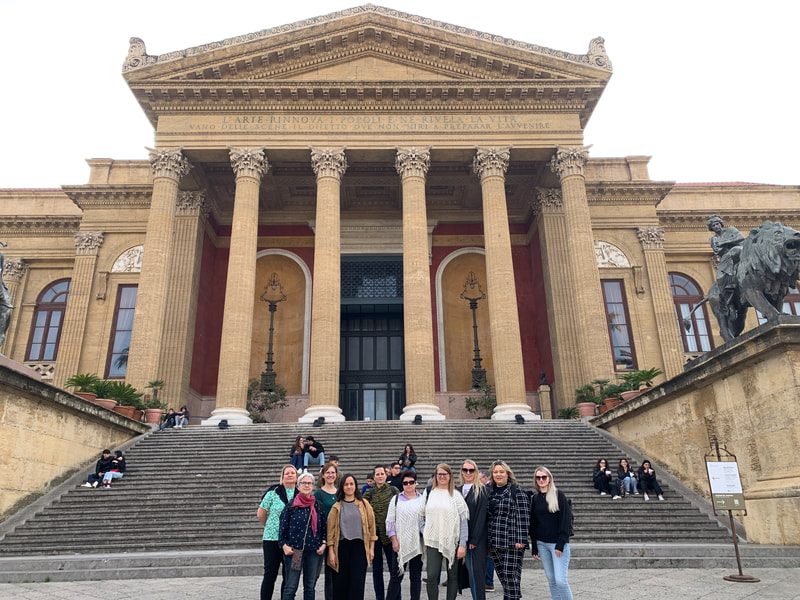
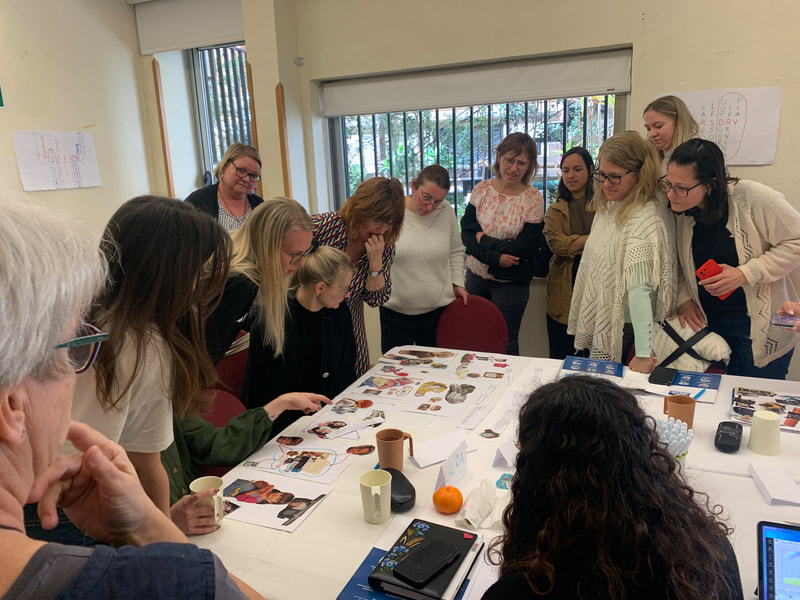
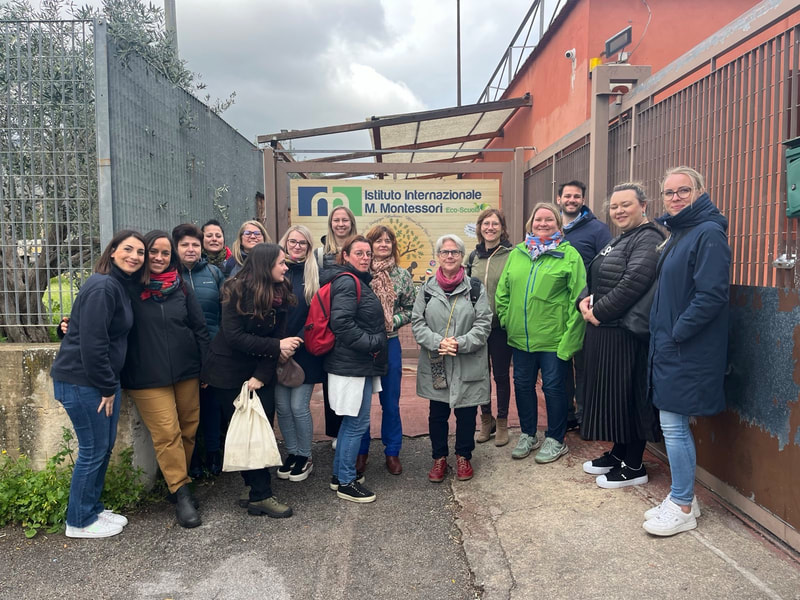
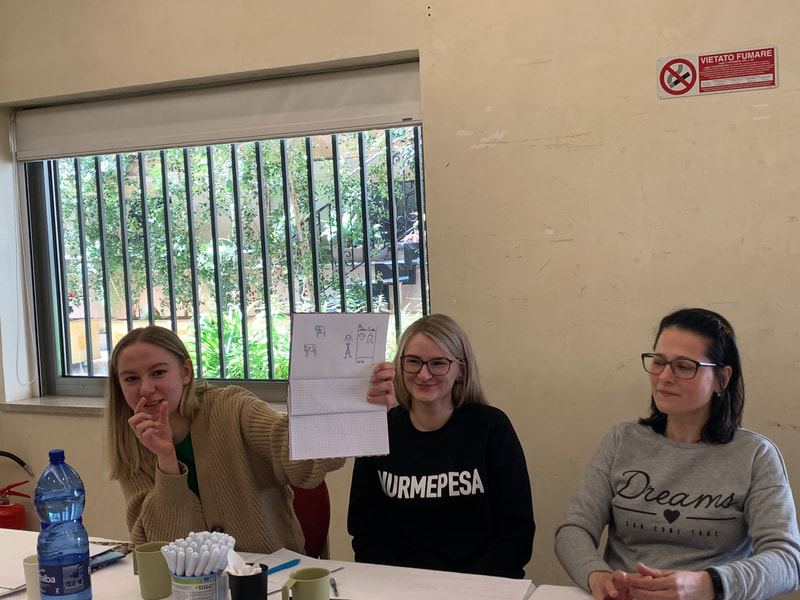
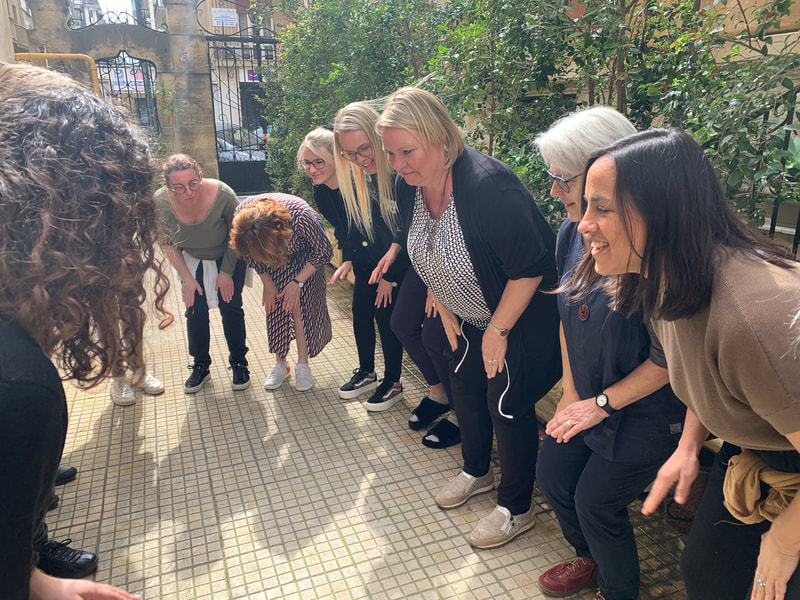
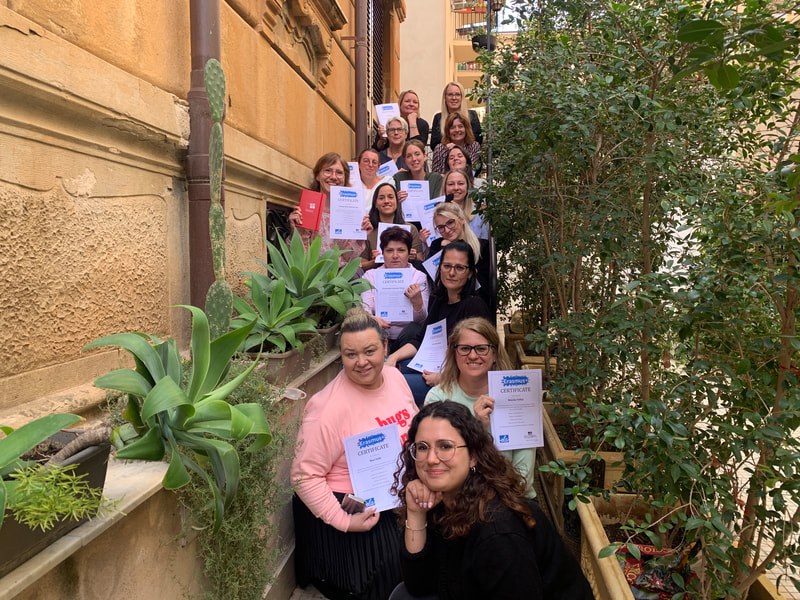
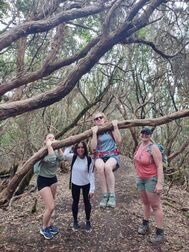
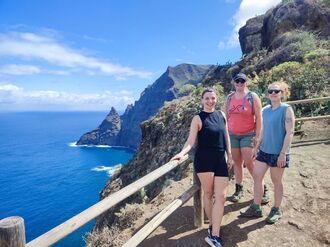
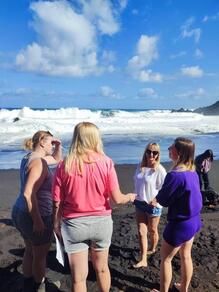
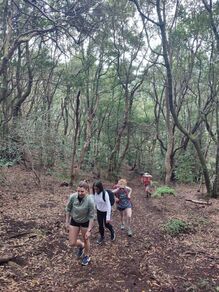
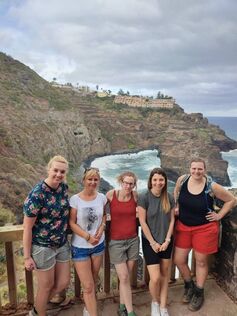
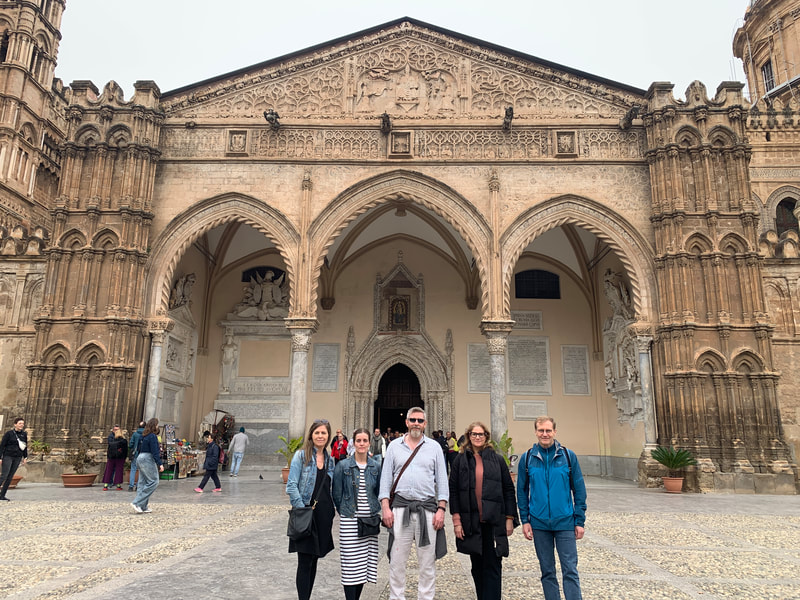
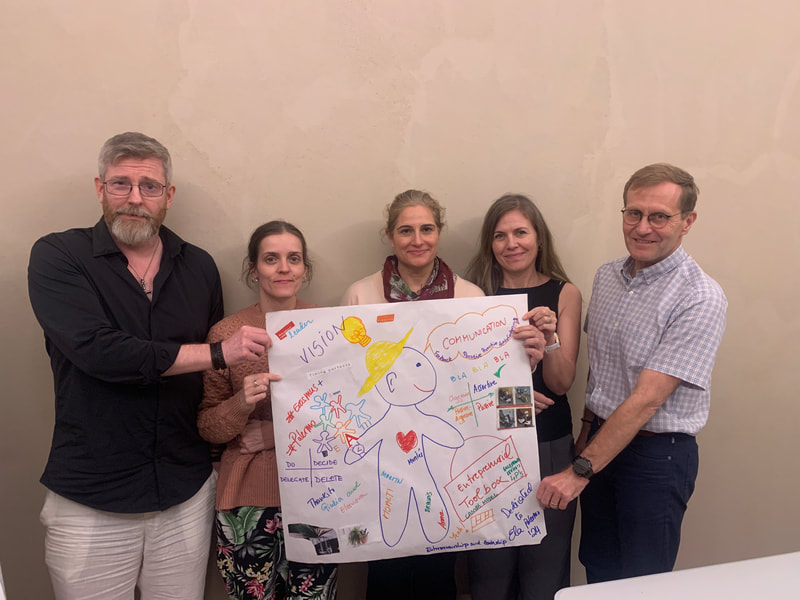
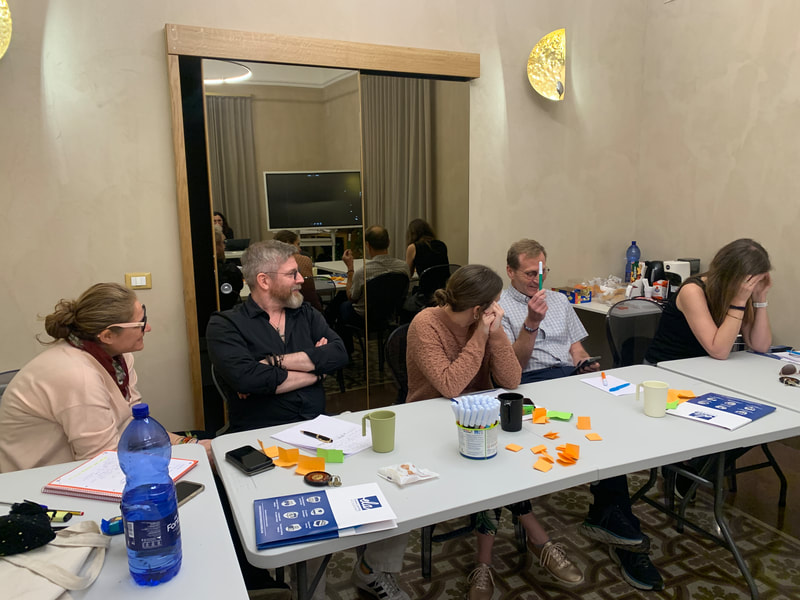
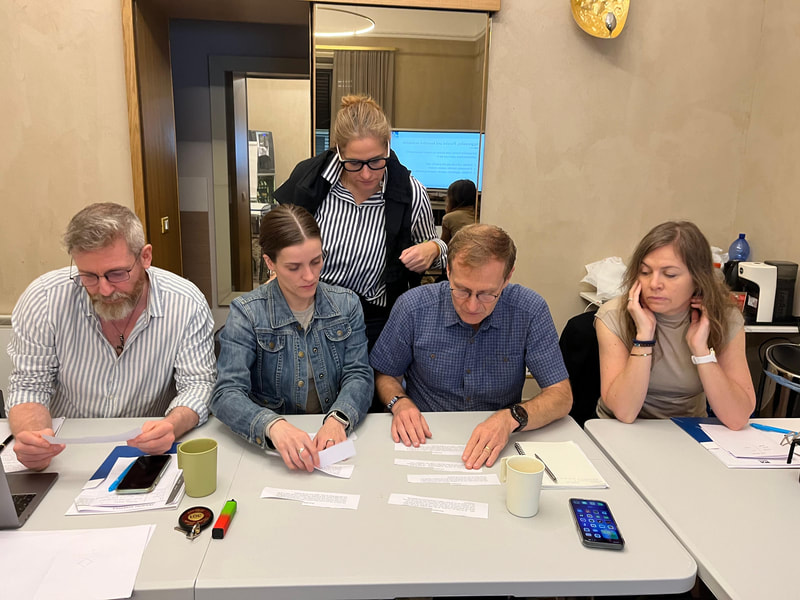
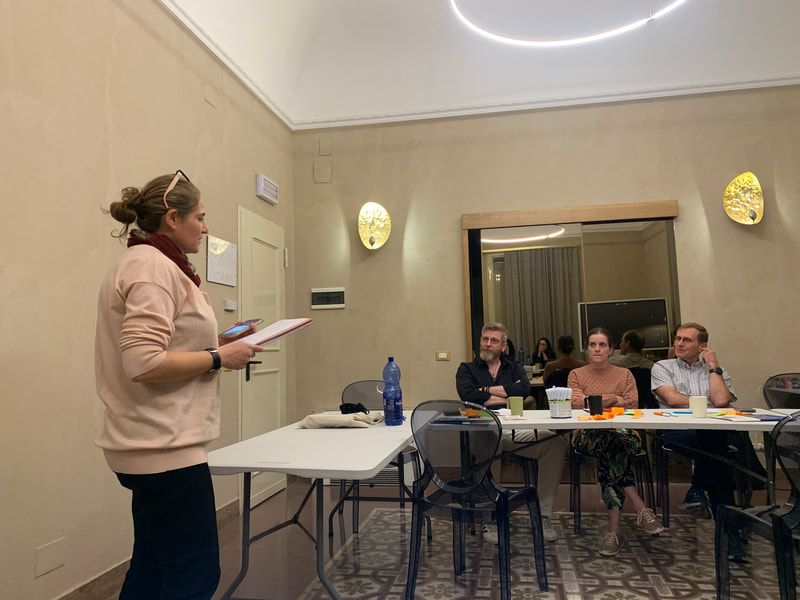
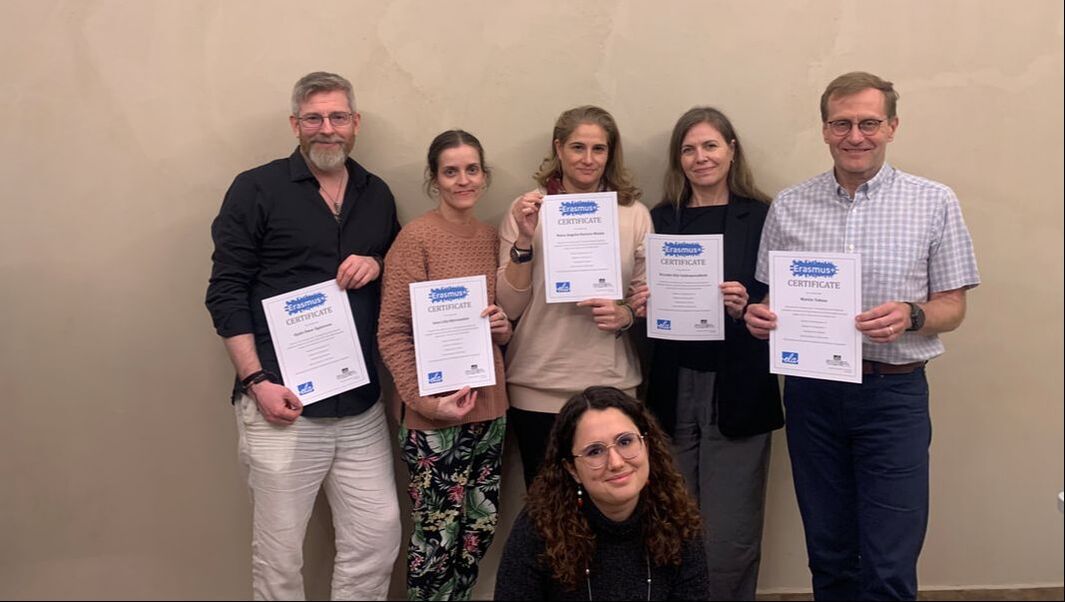
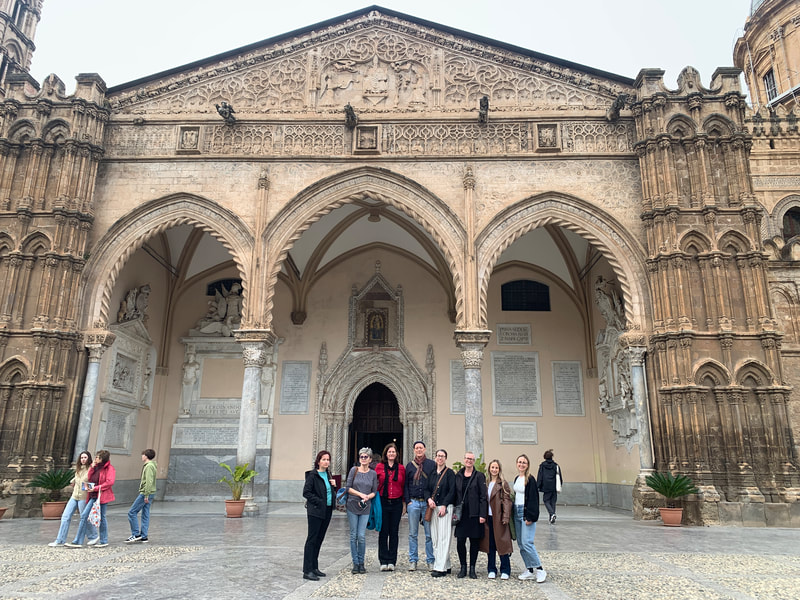
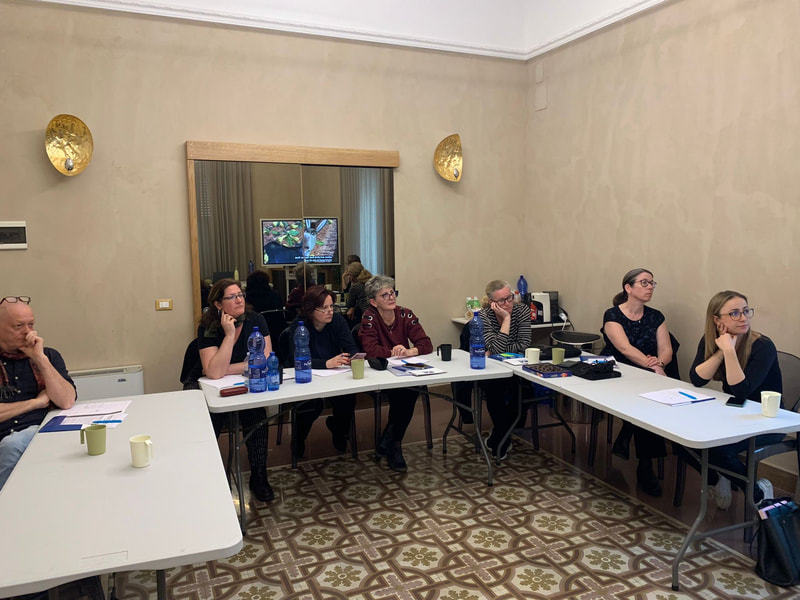
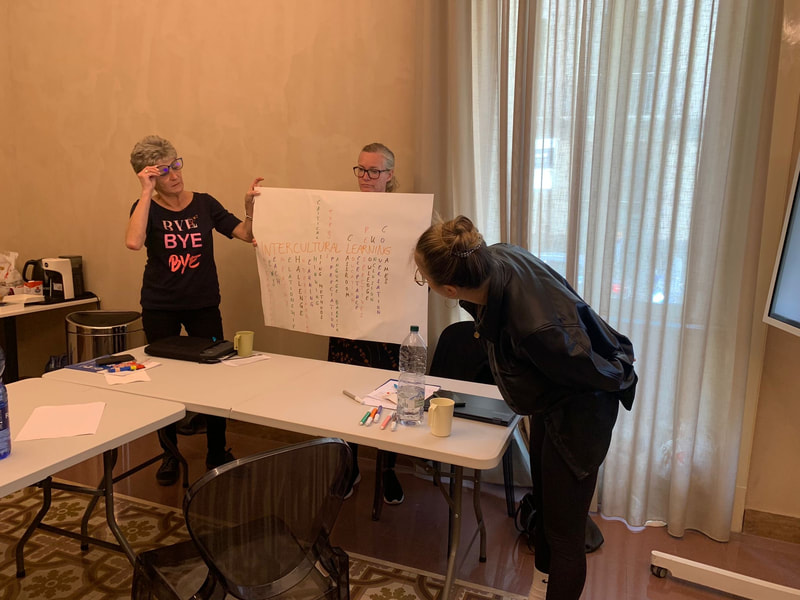
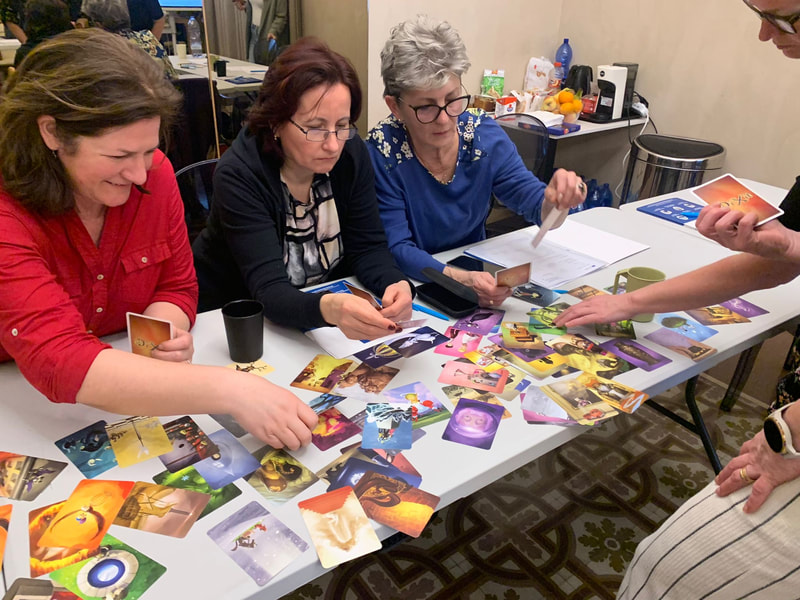
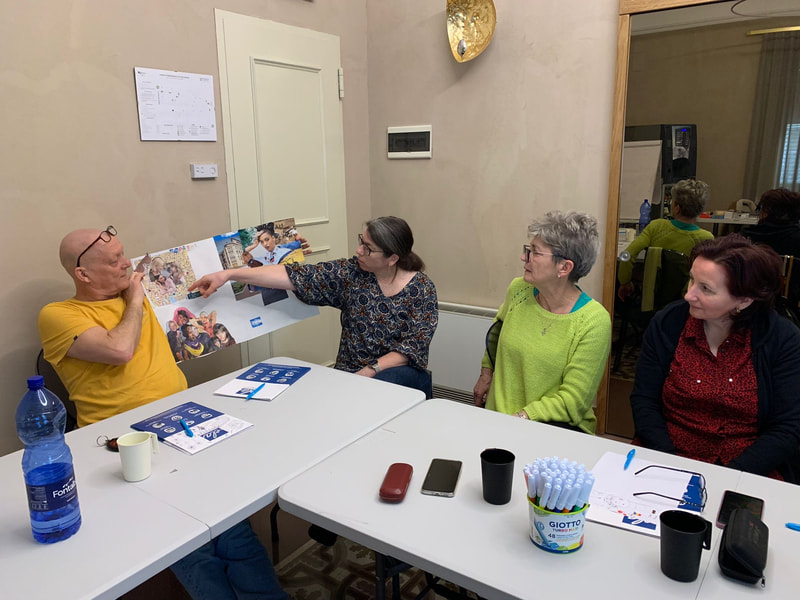
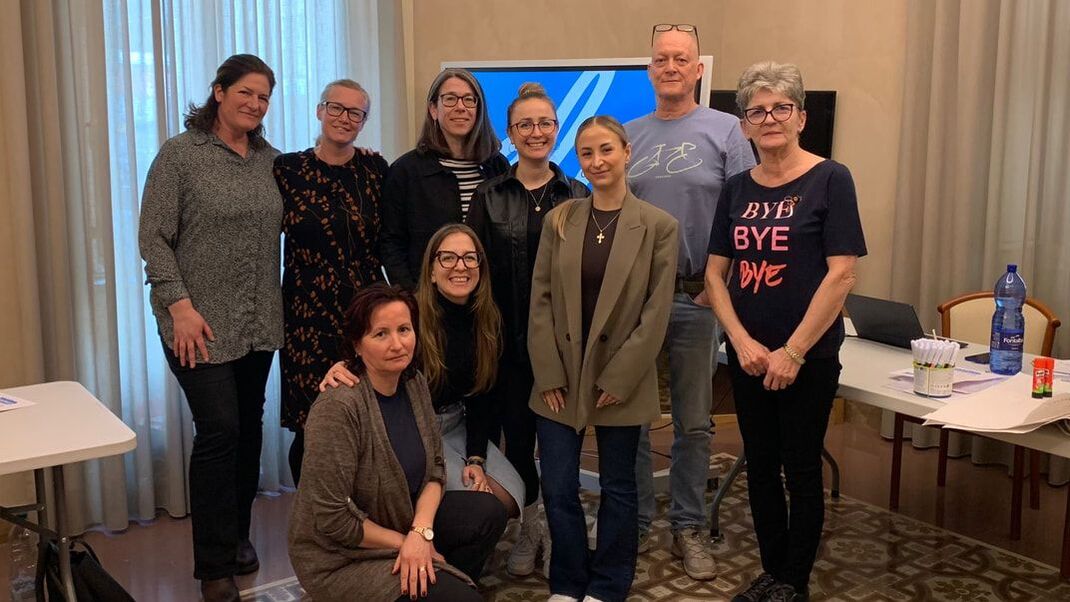
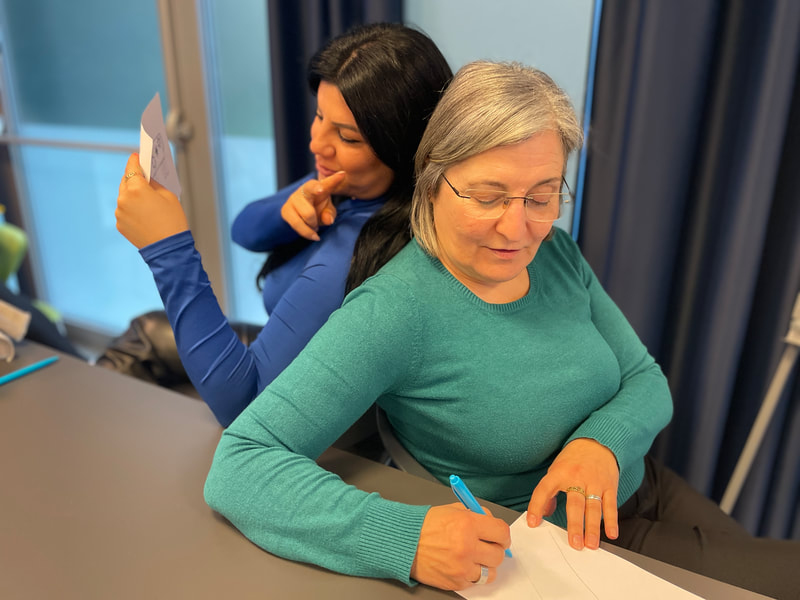
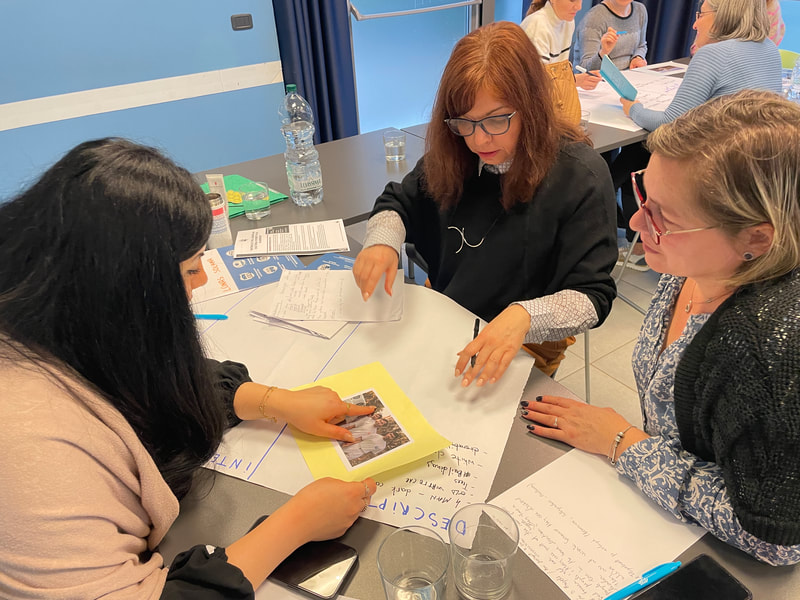
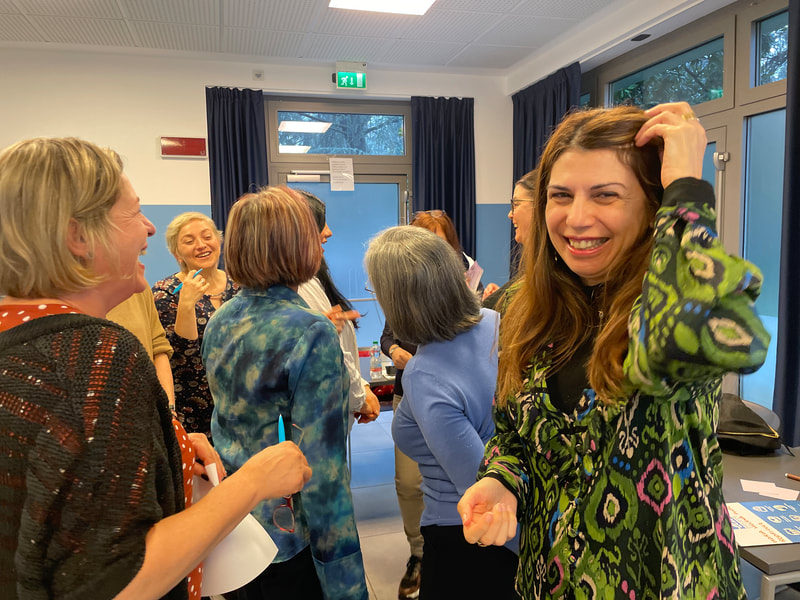
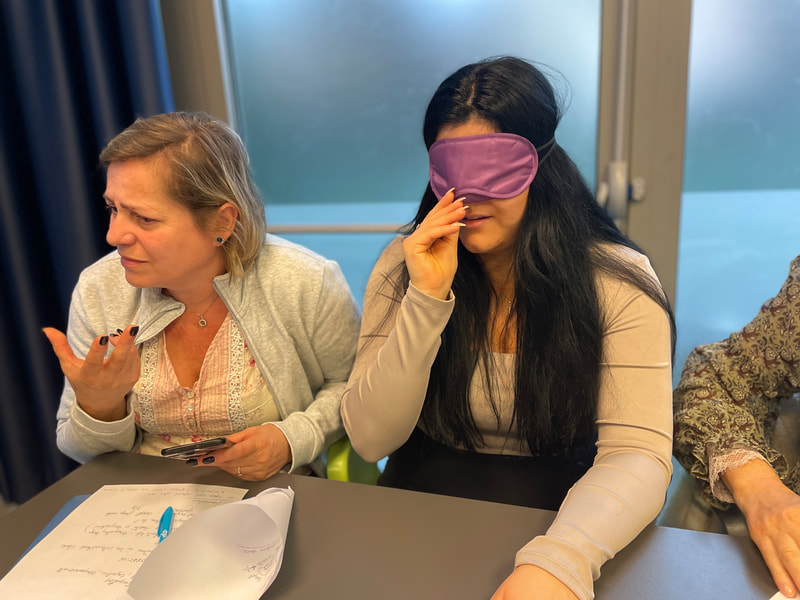
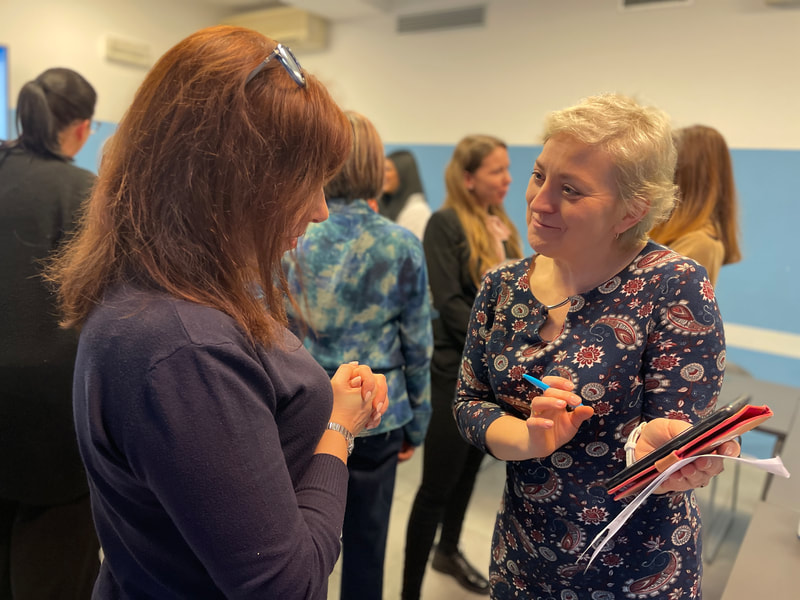
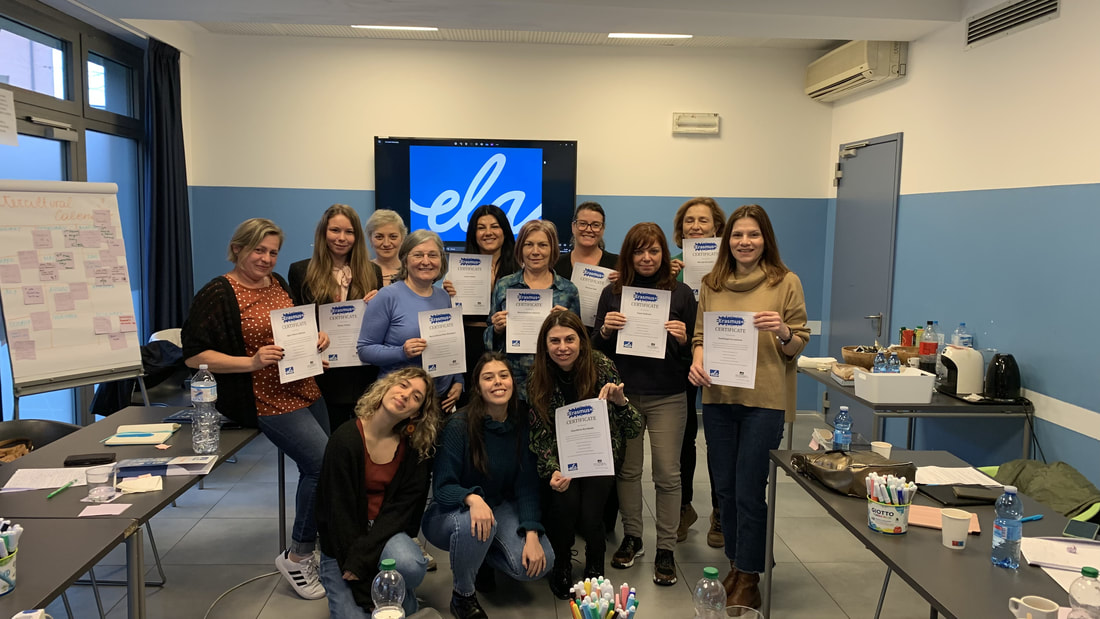
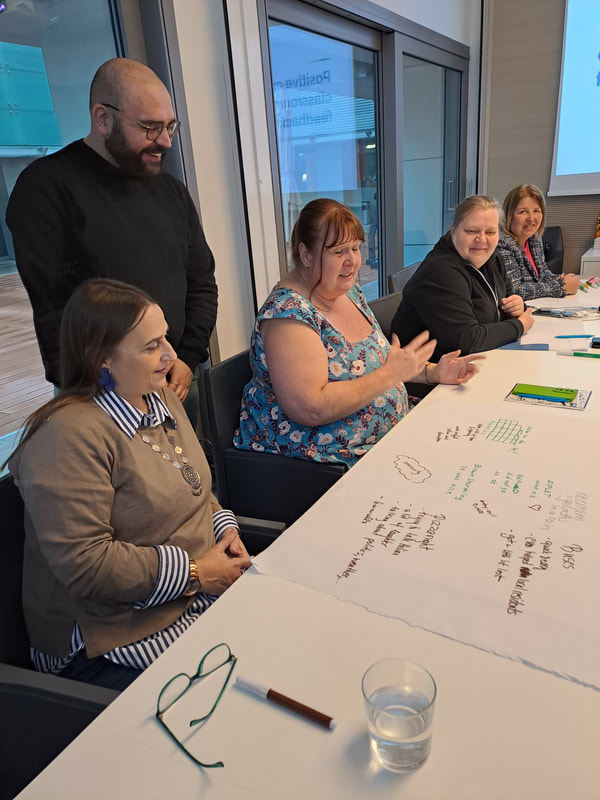
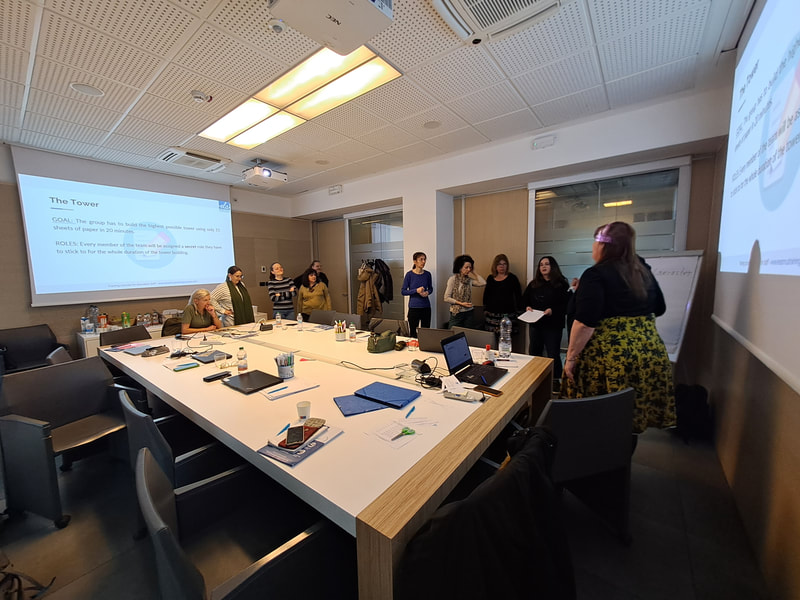
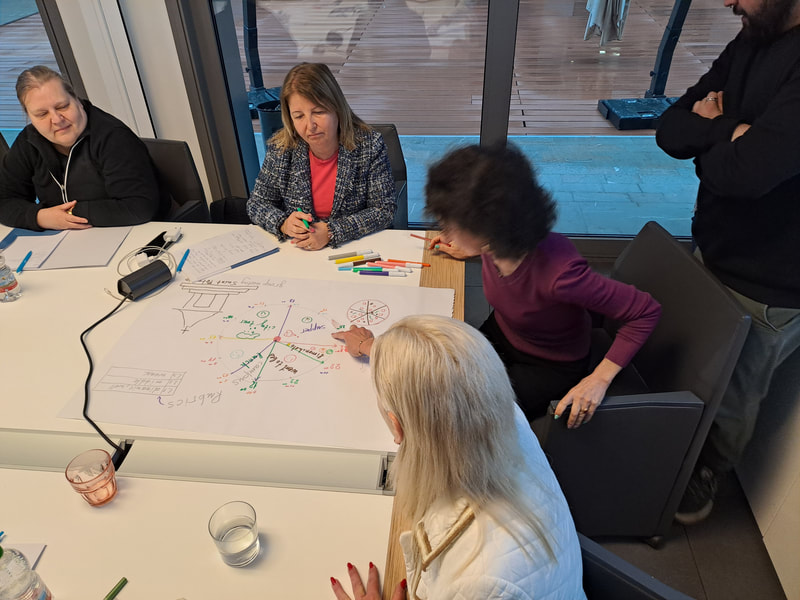
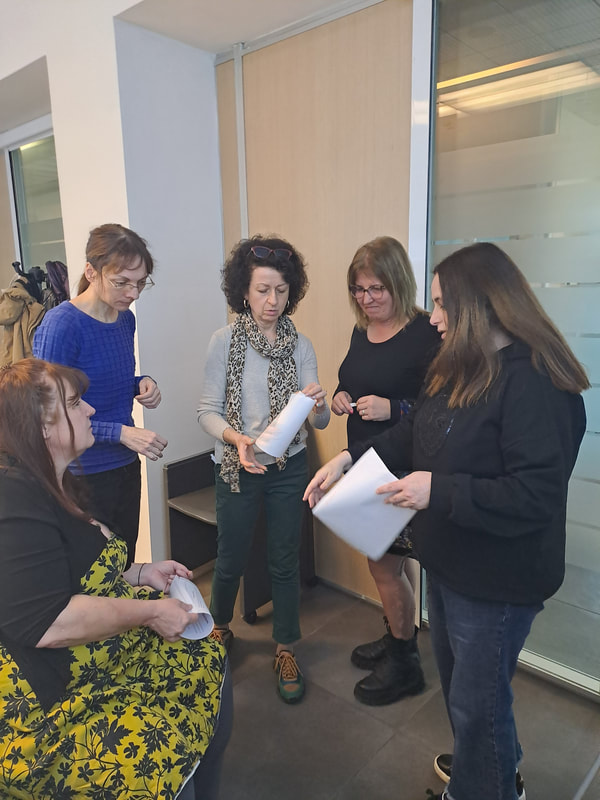
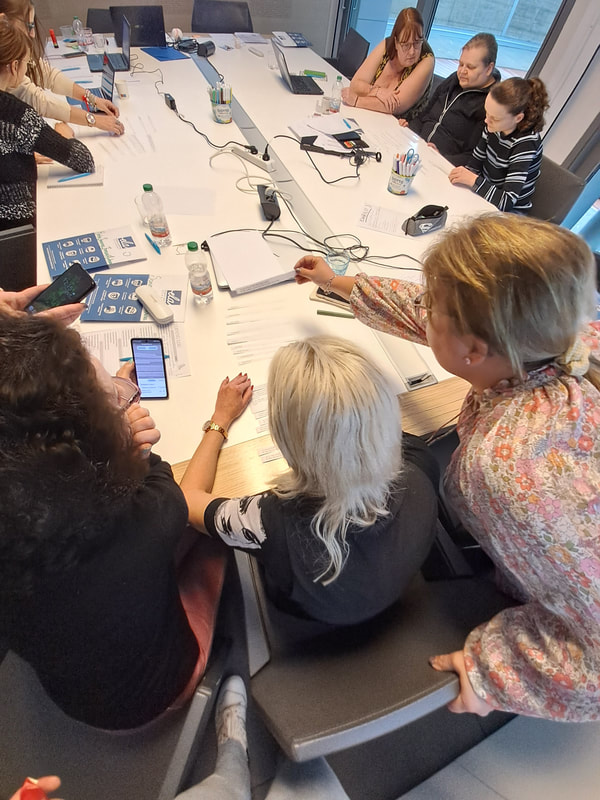
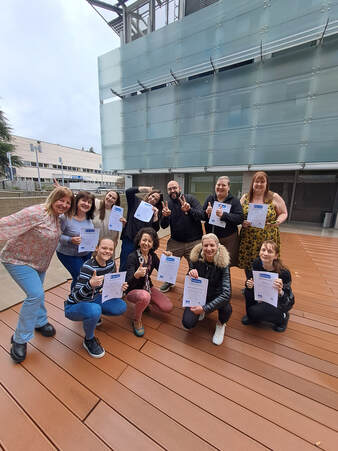
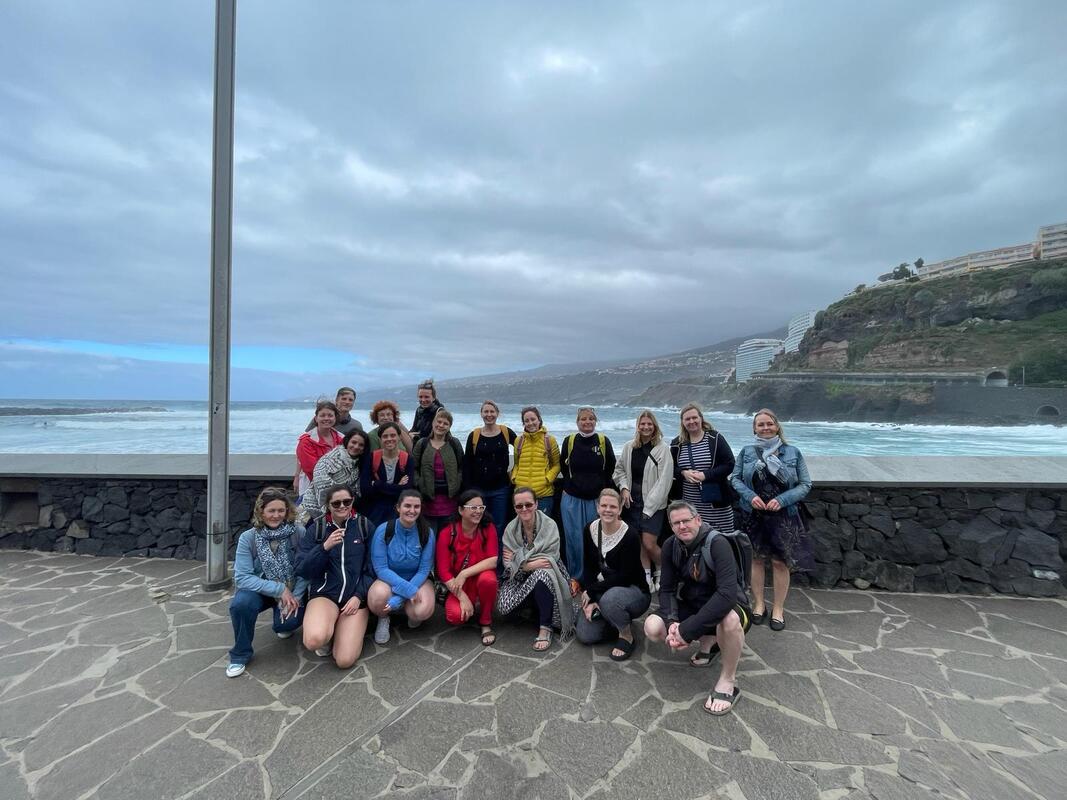
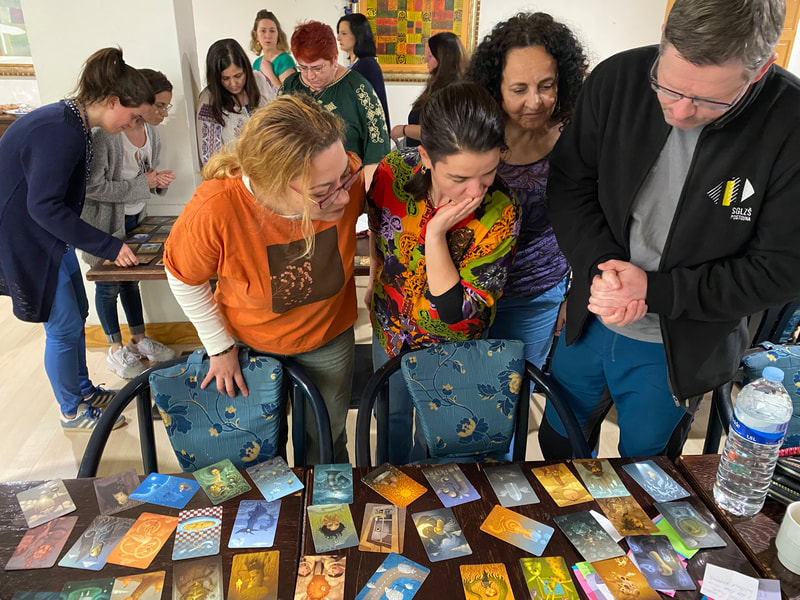
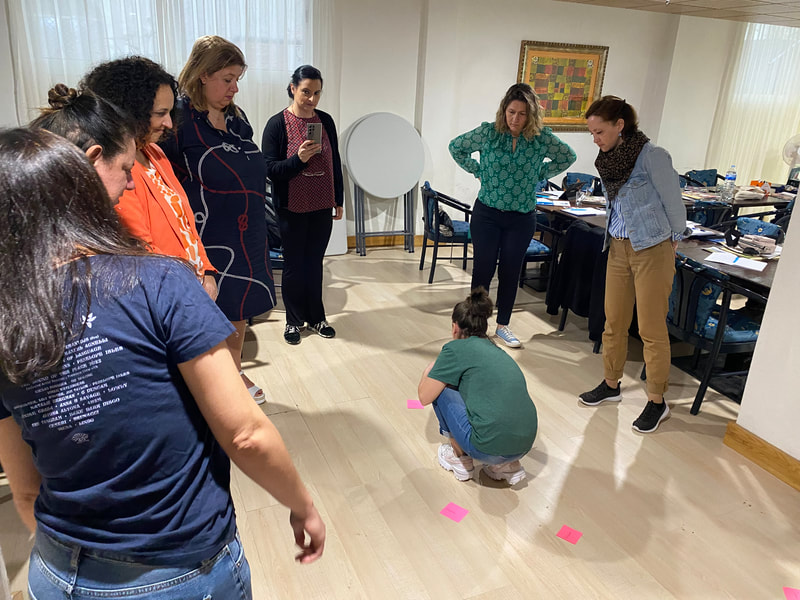
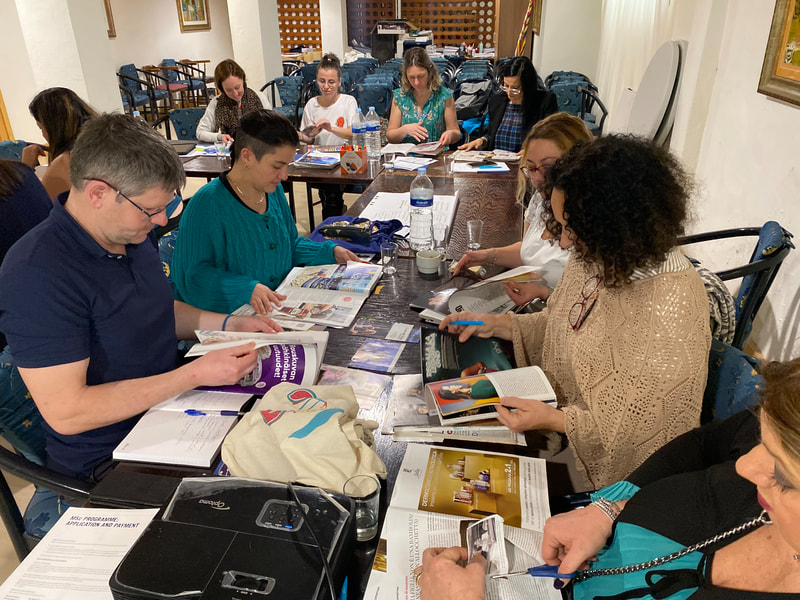
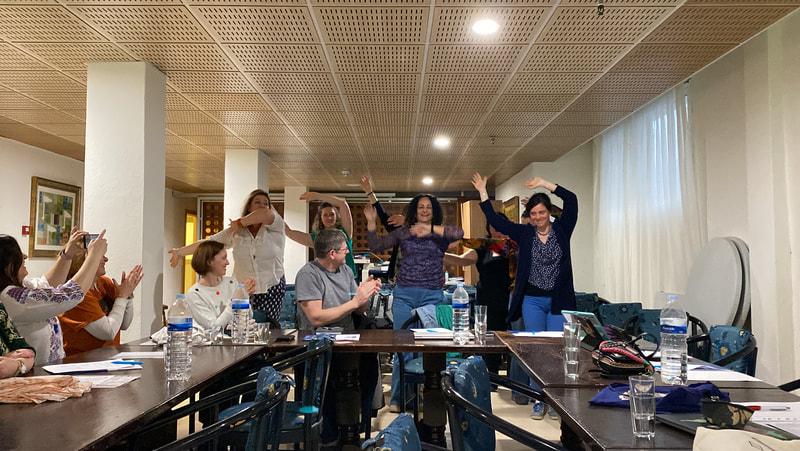
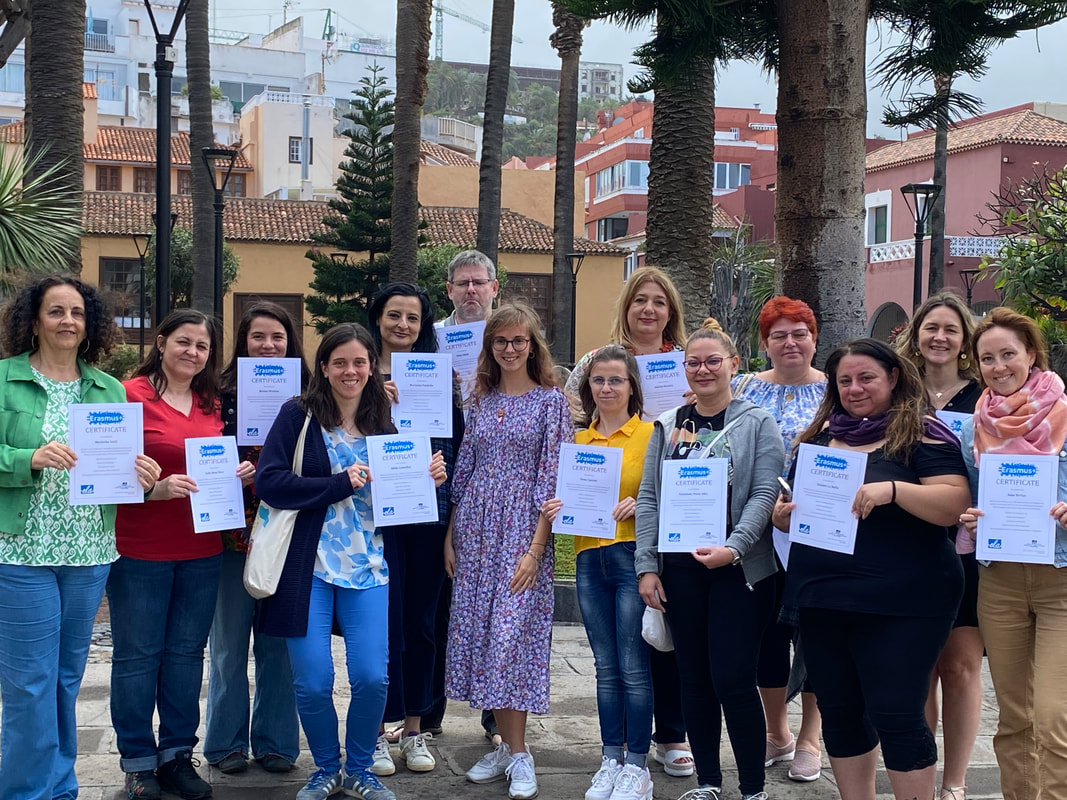
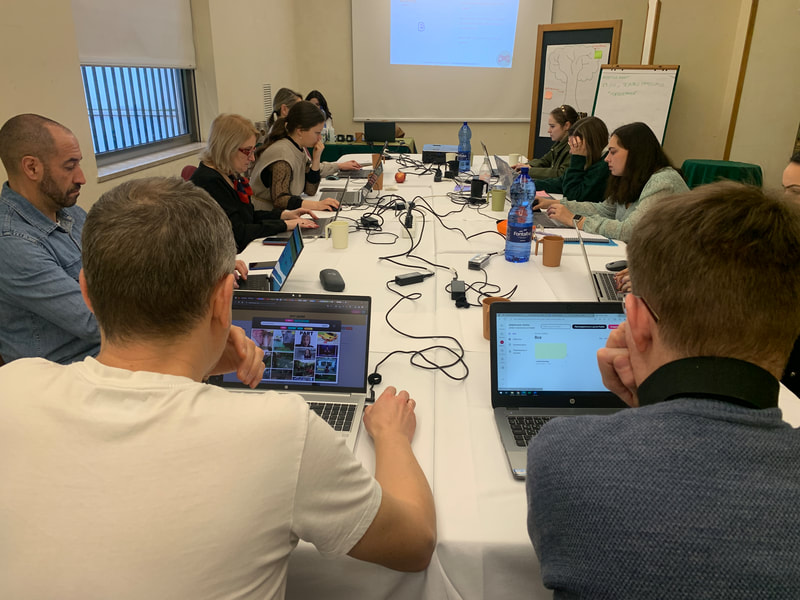
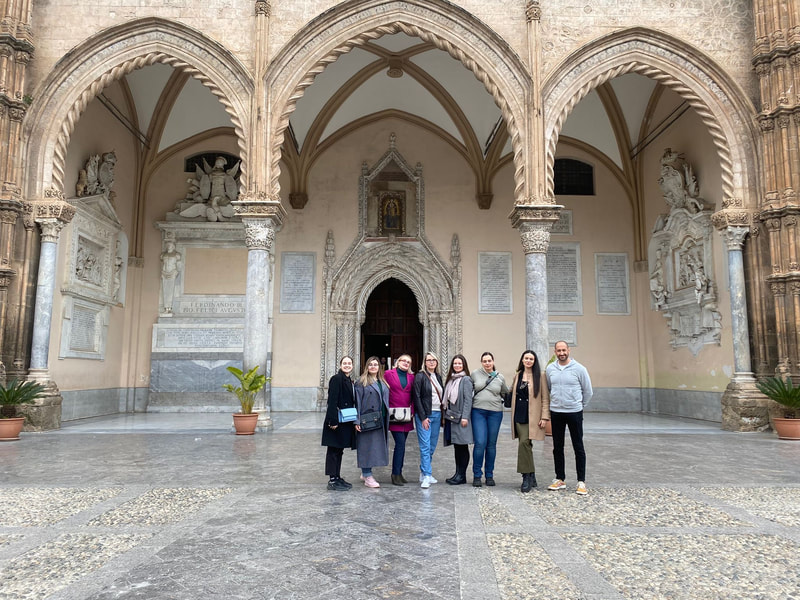
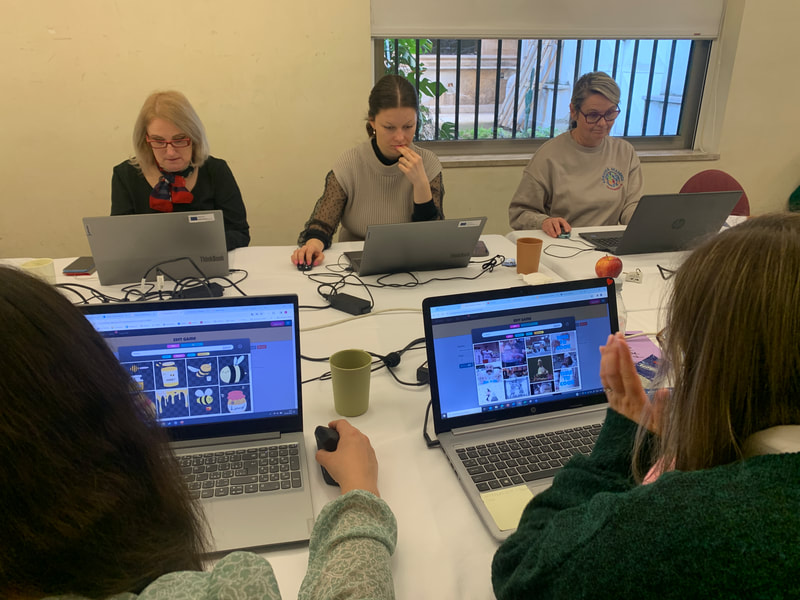
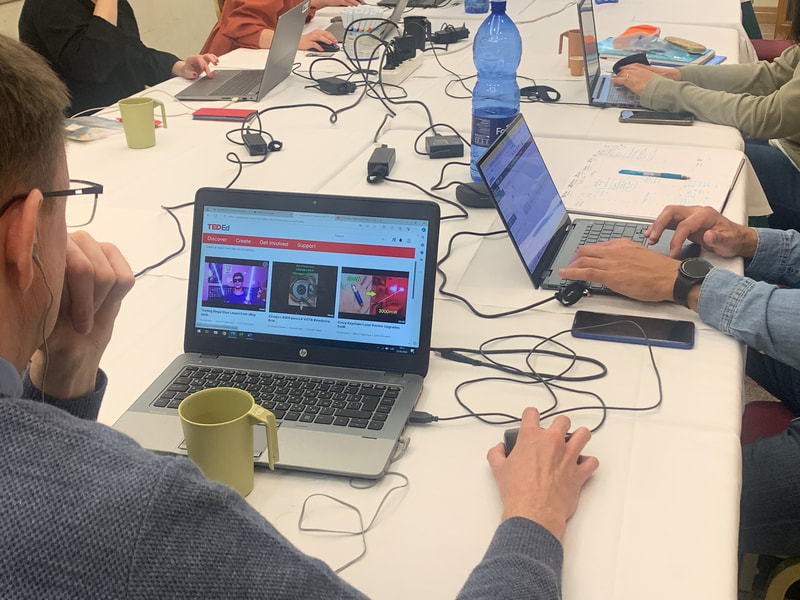
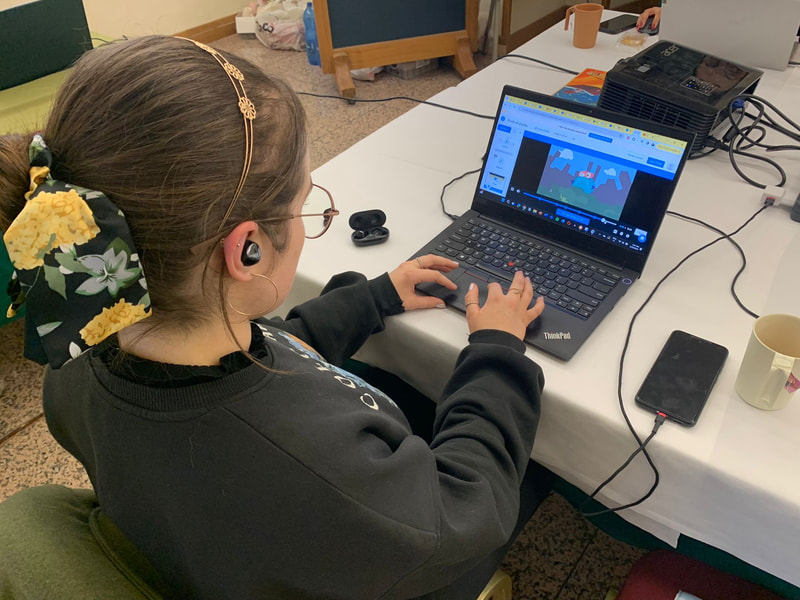
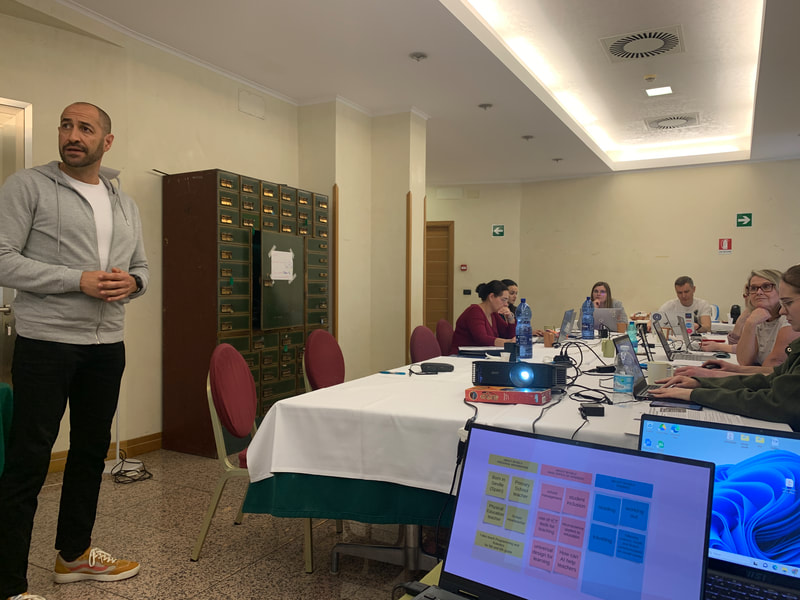
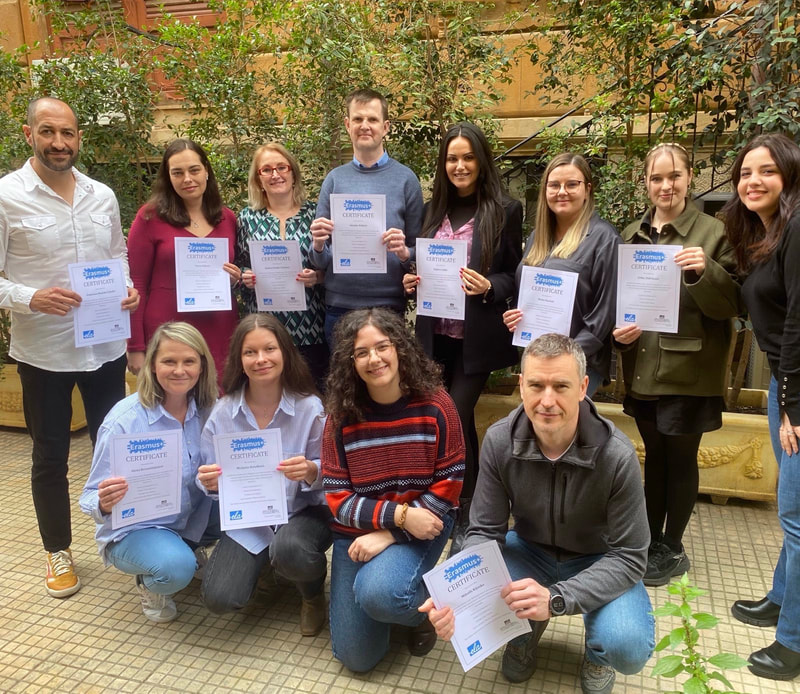
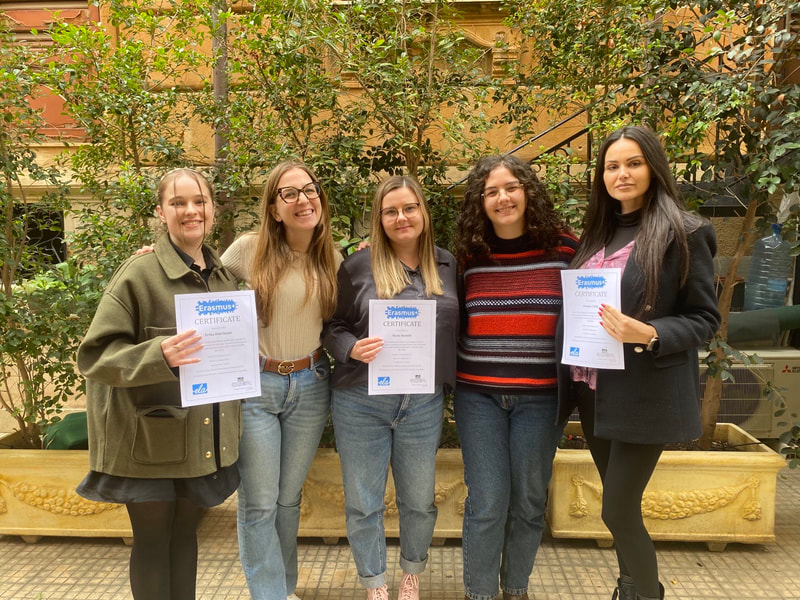
 RSS Feed
RSS Feed









